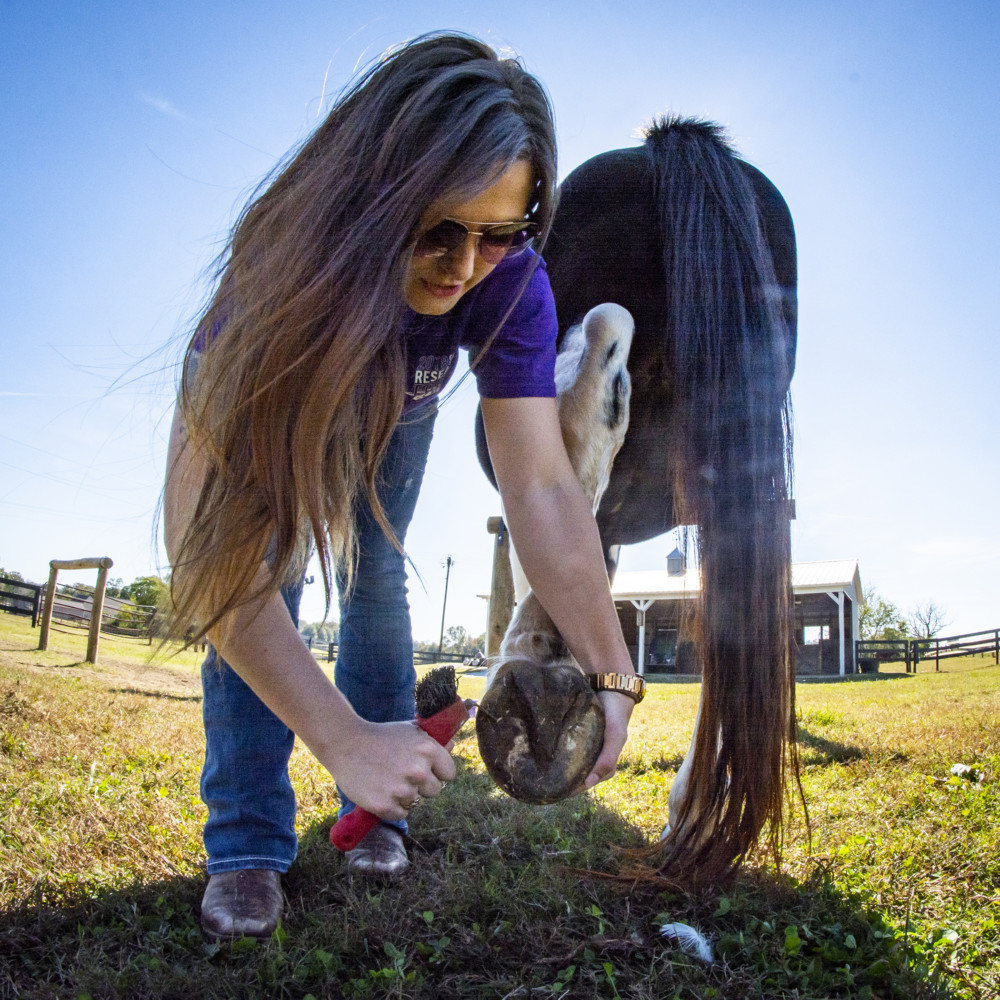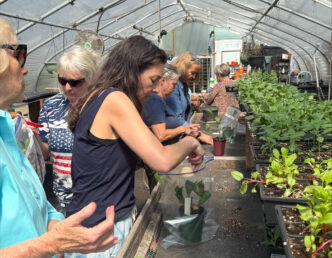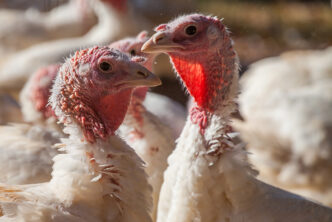COLUMBIA, S.C. — As spring brings warmer, wetter weather and mosquitoes begin to emerge, Clemson University animal health officials are encouraging horse owners across South Carolina to vaccinate their animals against West Nile virus (WNV) and Eastern equine encephalitis (EEE) virus.
“Now is the time for horse owners to vaccinate, before mosquito season hits full swing,” said State Veterinarian Michael Neault, director of Clemson University Livestock-Poultry Health.
In 2024, 39 equines were tested for both EEE and WNV in South Carolina. Of those, six tested positive for EEE and one for WNV. While the overall number of confirmed cases was low, the first detection occurred as early as Jan. 22.
“That’s quite early,” Neault said. “But South Carolina is a warm, wet state. It highlights just how important it is to stay current with vaccinations.”
EEE and WNV, both transmitted by mosquitoes, have high mortality rates in unvaccinated horses — approximately 90% for EEE and 30–40% for WNV. Thanks to widespread vaccination, South Carolina typically reports fewer cases than neighboring states.
Mosquito control is also crucial. Both viruses are maintained in nature through a cycle involving the freshwater swamp mosquito, Culiseta melanura, commonly known as the black-tailed mosquito.
Symptoms of EEE typically appear two to five days after exposure and may include stumbling, circling, head pressing, depression or anxiety, leg weakness, partial paralysis, muscle twitching, inability to stand, or death.
In addition to EEE and WNV, other neurologic diseases — including rabies and equine herpesvirus-1 (EHV-1) — can affect horses. State law requires that any livestock exhibiting neurologic symptoms be reported to the state veterinarian within 48 hours by calling 803-788-2260. A list of reportable diseases and additional resources is available on the Livestock-Poultry Health website at www.clemson.edu/public/lph/ahp/reportable-diseases.







